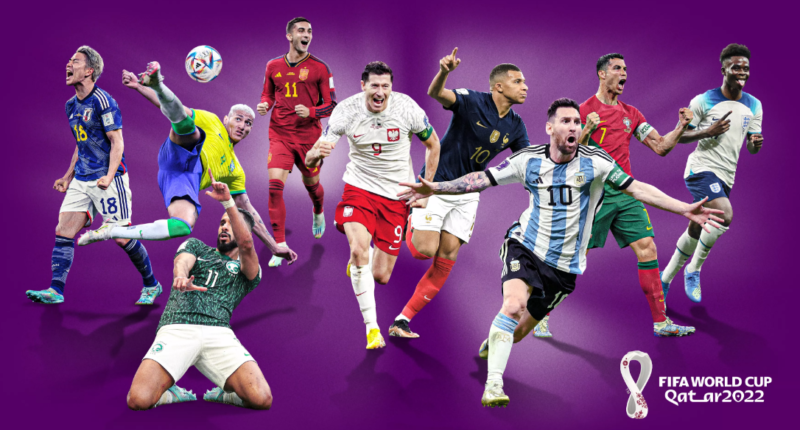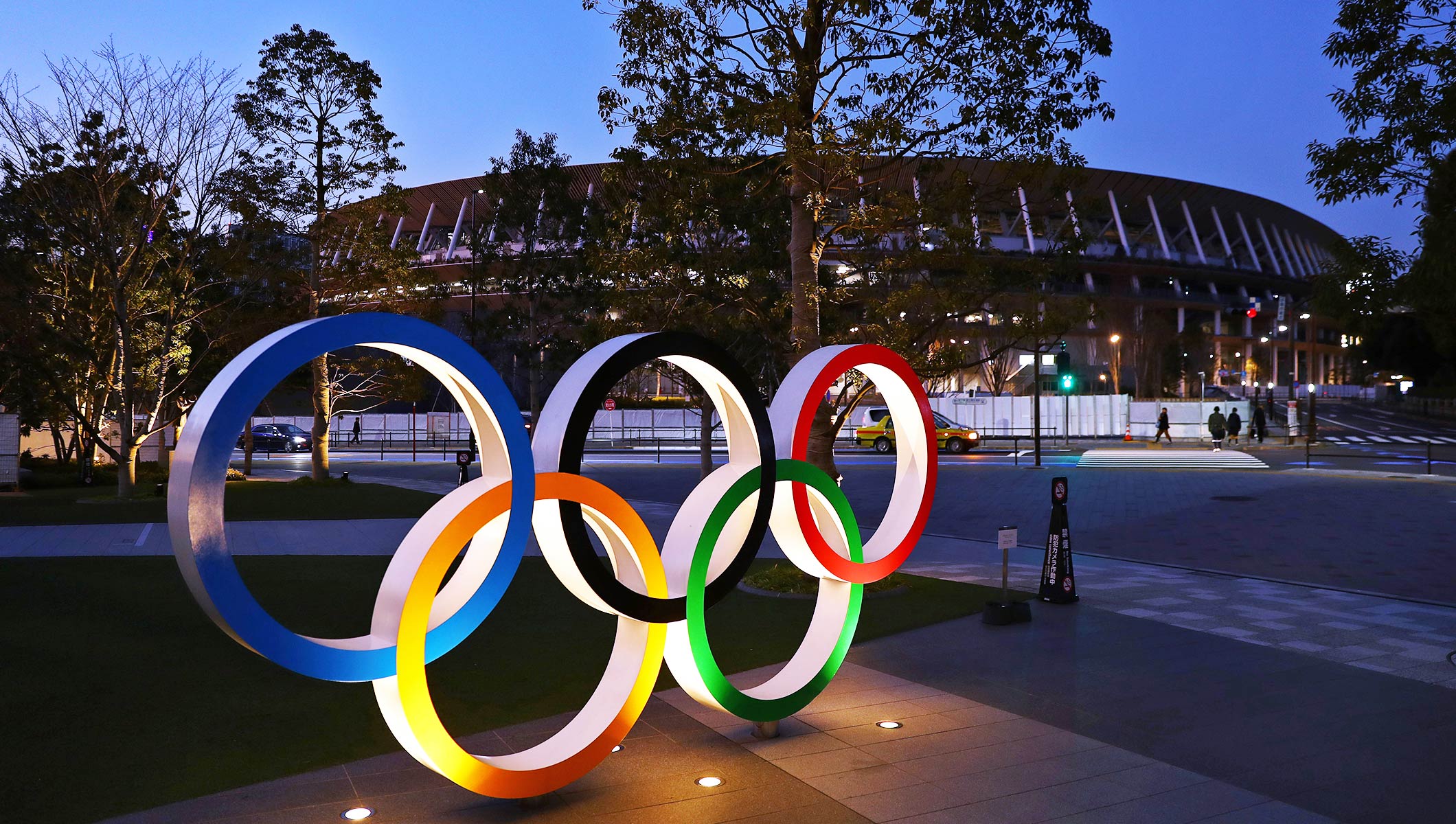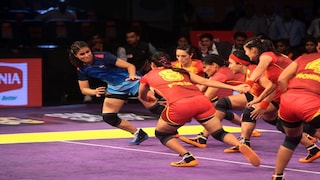FIFA World Cup Overview
The FIFA World Cup is the most prestigious and popular international football tournament in the world, organized by FIFA (Federation Internationale de Football Association). The tournament is held every four years, with national teams from around the world competing for the title of world champions. Here’s a closer look at the history, format, prize money, viewership, and controversies surrounding the FIFA World Cup.
FIFA History
The FIFA World Cup was first held in 1930 in Uruguay, with only 13 teams participating in the tournament. The tournament has since grown in size and popularity, with the current format featuring 32 teams. Brazil holds the record for the most World Cup wins, with five titles to their name, followed by Germany and Italy with four titles each.
- FIFA World Cup 1930 – It was played in Uruguay 3 July-30 July, with 13 nations.
- FIFA World Cup 1934 – It was played in Italy 27 May-10 June, with 16 nations.
- FIFA World Cup 1938 – It was played in France 4-19 June, with 16 nations.
- FIFA World Cup 1950– It was played in Brazil 24 June-16 July, with 15 nations.
- FIFA World Cup 1954-It was played in Switzerland 16 June-4 July with 16 nations.
FIFA Format
The FIFA World Cup is a month-long tournament that is held every four years. The tournament features 32 teams that are divided into eight groups of four teams each. The top two teams from each group advance to the knockout stage, which features a single-elimination format. The winner of the final is crowned the World Cup champion.
FIFA Awards
The FIFA World Cup awards are granted to players and teams who displayed exceptional performance during the competition. At the conclusion of each World Cup, many prizes are presented, including:
- The Golden Ball is presented to the contestant who, in the opinion of a panel of judges, played the best throughout the competition. The winner is usually a player who significantly contributed to their team’s victory and who also demonstrated remarkable talent and sportsmanship.
- The Golden Boot The tournament’s highest goal scorer receives the Golden Boot award. If more than one player has scored the same number of goals, the number of assists followed by the total number of minutes played are used to determine the winner.
- The Golden Glove is presented to the competition’s top goalkeeper, as chosen by a panel of industry professionals. A goalie who has made crucial stops during the competition and contributed significantly to their team’s triumph is usually the winner.
- The Best Young Player The best player under the age of 21 who has excelled in talent and potential during the competition will get the Best Young Player award.
- The FIFA Fair Play Trophy is granted to the team that, in the opinion of an expert panel, displayed the best sportsmanship and fair play during the competition.
Prize Money
The prize money for the FIFA World Cup has increased significantly over the years. In the 2018 World Cup, the total prize money was $400 million, with the winner receiving $38 million. The runner-up received $28 million, while the third and fourth-place teams received $24 million and $22 million, respectively. The remaining teams received smaller amounts based on their performance in the tournament.
FIFA Viewership
The FIFA World Cup is the most-watched sporting event in the world, with billions of viewers tuning in to watch the tournament. The 2018 World Cup in Russia set a new record, with an estimated 3.5 billion people watching the tournament. The final match between France and Croatia alone had an estimated 1.12 billion viewers.
FIFA Controversies
- The FIFA World Cup has been the subject of several controversies over the years. Some of the major controversies include:
- Corruption: FIFA has faced numerous allegations of corruption and bribery, with several high-ranking officials being indicted for their involvement in illegal activities.
- Human Rights: The construction of World Cup stadiums has been criticized for human rights abuses, including the exploitation of migrant workers.
- Political Tensions: The World Cup has been used as a political tool by some countries, leading to tensions between participating nations.
- Racism: Racism has been a problem in football for many years, and the World Cup has not been immune to this issue. Several players have been subjected to racist abuse during World Cup matches.
FIFA world cup related FAQs
Q: When was the first FIFA World Cup held?
A: The first FIFA World Cup was held in 1930 in Uruguay.
Q: How many teams participate in the FIFA World Cup?
A: The current format of the FIFA World Cup features 32 teams.
Q: How often is the FIFA World Cup held?
A: The FIFA World Cup is held every four years.
Q: Which country has won the most FIFA World Cup titles?
A: Brazil has won the most FIFA World Cup titles, with a total of five.
Q: What is the prize money for the FIFA World Cup?
A: The prize money for the FIFA World Cup varies, but in the 2018 tournament, the total prize money was $400 million, with the winner receiving $38 million.
Q: How many stadiums are used for the FIFA World Cup?
A: The number of stadiums used for the FIFA World Cup varies depending on the host country, but typically between 8-12 stadiums are used.
Q: How many referees are used in the FIFA World Cup?
A: The FIFA World Cup uses a team of referees, consisting of one referee and two assistant referees.
Q: Who is the current FIFA World Cup champion?
A: The current FIFA World Cup champion is France, who won the 2018 tournament held in Russia.
Q: How many viewers watch the FIFA World Cup?
A: The FIFA World Cup is the most-watched sporting event in the world, with billions of viewers tuning in to watch the tournament.
Q: Has the FIFA World Cup ever been cancelled?
A: Yes, the FIFA World Cup has been cancelled twice, in 1942 and 1946 due to World War II.





